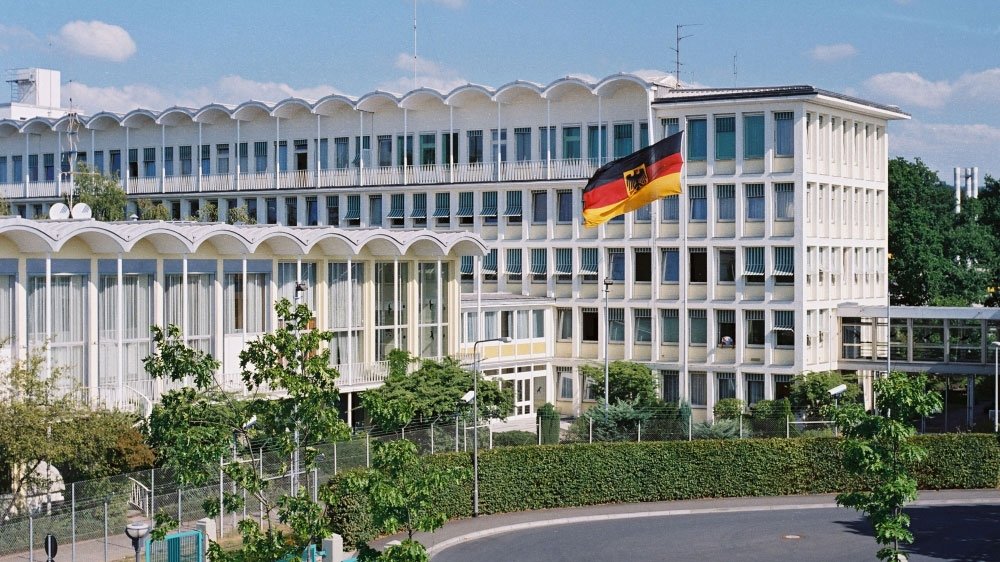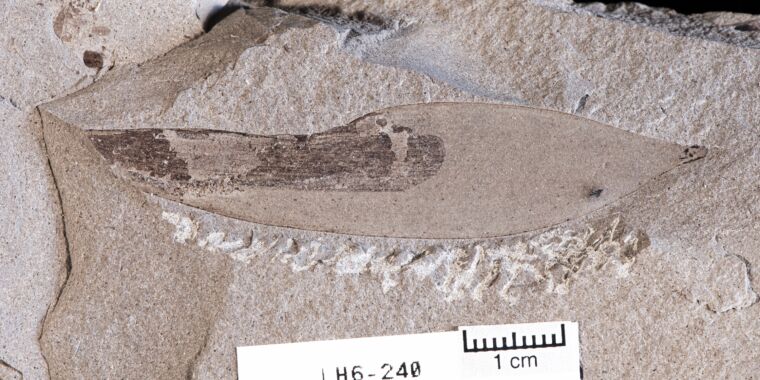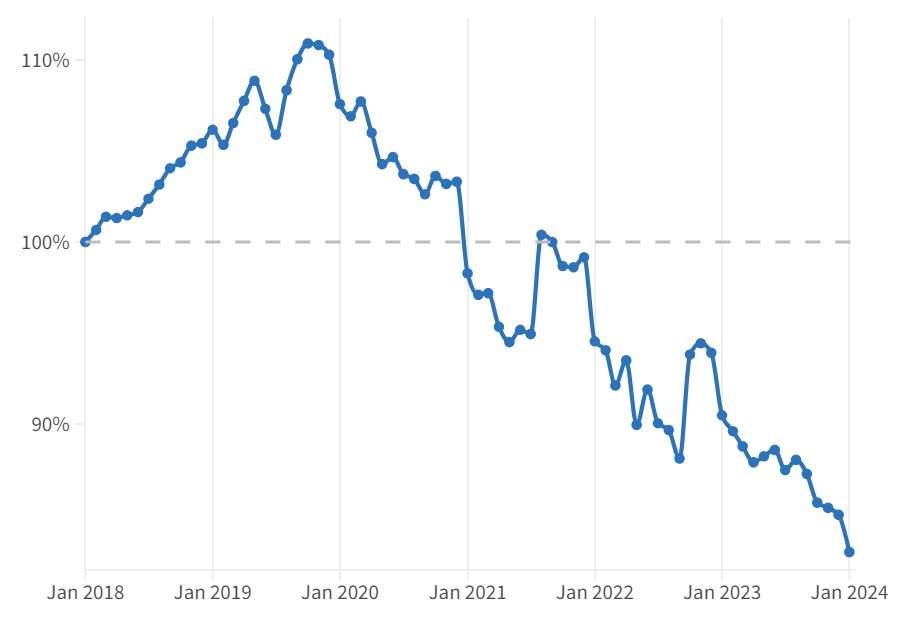
Martin Karplus, Chemist Who Made Early Computers a Tool, Dies at 94
Proving skeptics wrong, he shared a Nobel Prize in 2013 for using computers to better understand chemical reactions and biological processes.
Martin Karplus, a Nobel Prize-winning theoretical chemist who used computers to model how complex systems change during chemical reactions, a process that has led to advances in the understanding of biological processes, died on Dec. 28 at his home in Cambridge, Mass. He was 94.
Over his long career, Dr. Karplus had crossed paths with some of the most important scientists of the 20th century, including Linus Pauling and J. Robert Oppenheimer.
Scientists can control the chemicals in a reaction, and they can measure and evaluate the results, but what happens in between is a mystery.
As Sven Lidin, chairman of the Nobel selection committee explained when announcing the 2013 winners in chemistry: “It’s like seeing all the actors before Hamlet and all the dead bodies after, and then you wonder what happened in the middle. And actually, there is some interesting action there, and this is what theoretical chemistry provides us with — the whole drama.”
Beginning in the 1960s, when computers were only a fraction as powerful as today’s smartphones, Dr. Karplus and his fellow Nobel laureates — Michael Levitt, originally from South Africa, and Arieh Warshel, who was born in Israel — began to build virtual models of molecules to understand what happens to them during complex reactions like photosynthesis and combustion.






















